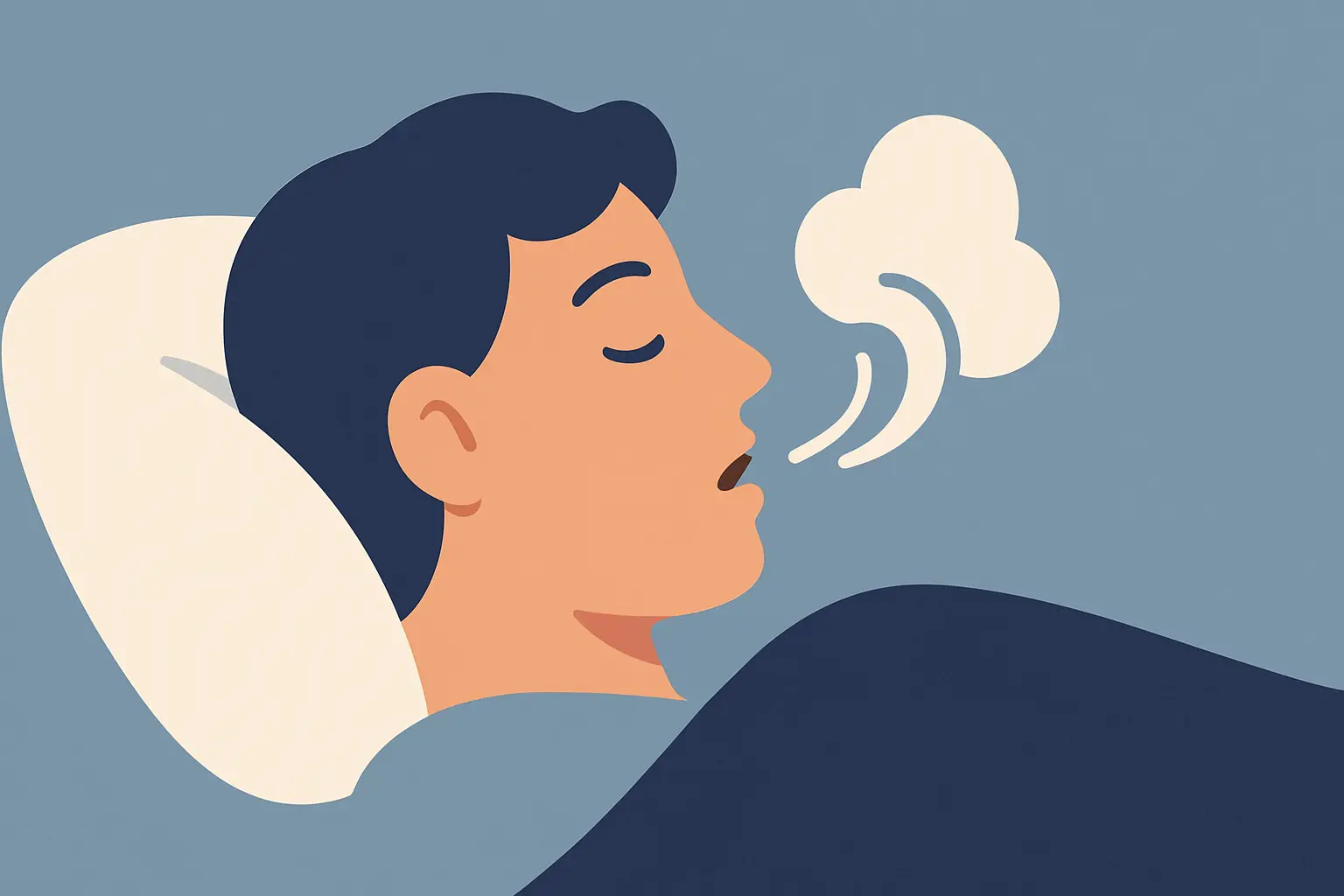How to Use the Pittsburgh Sleep Quality Index (PSQI) for Better Sleep Self-Assessment
What Is the Pittsburgh Sleep Quality Index (PSQI)?
The Pittsburgh Sleep Quality Index (PSQI) is one of the most widely used tools in sleep research and clinical practice.
Developed by the University of Pittsburgh, this self-assessment questionnaire helps you understand how well you’ve been sleeping over the past month.
The PSQI doesn’t just measure how long you sleep — it looks at seven key components that influence your sleep quality:
- Subjective sleep quality
- Sleep latency (how long it takes to fall asleep)
- Sleep duration
- Habitual sleep efficiency
- Sleep disturbances
- Use of sleep medication
- Daytime dysfunction
Each category is scored from 0 (no difficulty) to 3 (severe difficulty), and the total score ranges from 0 to 21.
A total PSQI score above 5 typically indicates poor sleep quality.
Why Take the PSQI?
Many people experience poor sleep without realizing it. The PSQI helps identify hidden sleep issues such as:
- Mild insomnia
- Poor sleep hygiene habits
- Sleep fragmentation due to snoring or stress
- Daytime fatigue caused by low-quality rest
According to a 2024 Sleep Medicine Reviews study, more than 35% of adults worldwide have PSQI scores above 5 — meaning over a third of people sleep poorly most nights.
How to Take the PSQI Test
The PSQI includes 19 self-rated questions. It takes about 5–10 minutes to complete.
Here’s how to do it:
- Download or access the PSQI questionnaire online.
- Answer questions about your typical bedtime, wake time, sleep duration, and difficulties falling asleep.
- Score each category from 0 to 3.
- Add your total score and compare it with the scoring guide below.
| Total PSQI Score | Sleep Quality Interpretation |
|---|---|
| 0–5 | Good sleep quality |
| 6–10 | Mild sleep problems |
| 11–15 | Moderate sleep disturbance |
| 16–21 | Severe sleep disturbance |
✅ Tip: You can record your PSQI results monthly using the SnailSleep App to track long-term progress and receive tailored sleep recommendations.
How to Improve Your PSQI Score
If your PSQI score is above 5, try focusing on sleep hygiene improvement:
- Go to bed and wake up at consistent times
- Avoid screens 1 hour before bedtime
- Use soft ambient sounds or white noise for relaxation
- Reduce caffeine intake after noon
- Try brief mindfulness or breathing exercises before sleep
Data Insight: In a 2025 AASM report, adults who improved their bedtime routine reduced their PSQI score by 3.2 points on average after 6 weeks.
Example: Maria’s PSQI Journey
Maria, a 28-year-old designer, struggled with fatigue despite getting “enough sleep.”
Her PSQI score was 9, indicating mild sleep issues. After tracking her sleep using SnailSleep and applying consistent sleep hygiene tips, her score dropped to 4 within two months — and her energy improved significantly.
Frequently Asked Questions (FAQ)
Q1. How often should I take the PSQI?
You can take it once per month to monitor long-term changes in sleep quality.
Q2. Is the PSQI suitable for everyone?
Yes, it’s designed for adults of all ages. However, if you suspect a medical sleep disorder (like sleep apnea), consult a doctor or use an AI-based monitoring app.
Q3. Can apps like SnailSleep replace the PSQI?
Not replace — but complement it. SnailSleep’s AI-powered tracking can help you visualize the same parameters that PSQI measures, like sleep latency and disturbances.
Visualization Suggestions
- Bar chart: Average PSQI score distribution among users
- Line chart: PSQI score trend over 3 months after lifestyle changes
- Pie chart: Common causes of poor PSQI results (stress, noise, caffeine, screens)
Recommended Keywords & Long-Tail Phrases
psqi sleep questionnaire, sleep self-assessment, pittsburgh sleep index guide, how to calculate psqi score, sleep hygiene tips, sleep quality improvement app, snailsleep app
Title Tag (under 60 characters)
How to Use the PSQI for Better Sleep Self-Assessment
H1/H2 Structure
- H1: How to Use the Pittsburgh Sleep Quality Index (PSQI)
- H2: What Is the PSQI?
- H2: Why Take the PSQI?
- H2: How to Take the PSQI Test
- H2: How to Improve Your PSQI Score
- H2: Example: Maria’s PSQI Journey
- H2: Frequently Asked Questions
Related Articles
- How to Improve Sleep After Self-Test: Actionable Steps from PSQI Results
- Insomnia Severity Index (ISI): A Reliable Tool to Measure Your Sleep Problems
- Sleep-Induced Acne: Is Poor Sleep Quality Causing Your Breakouts?

